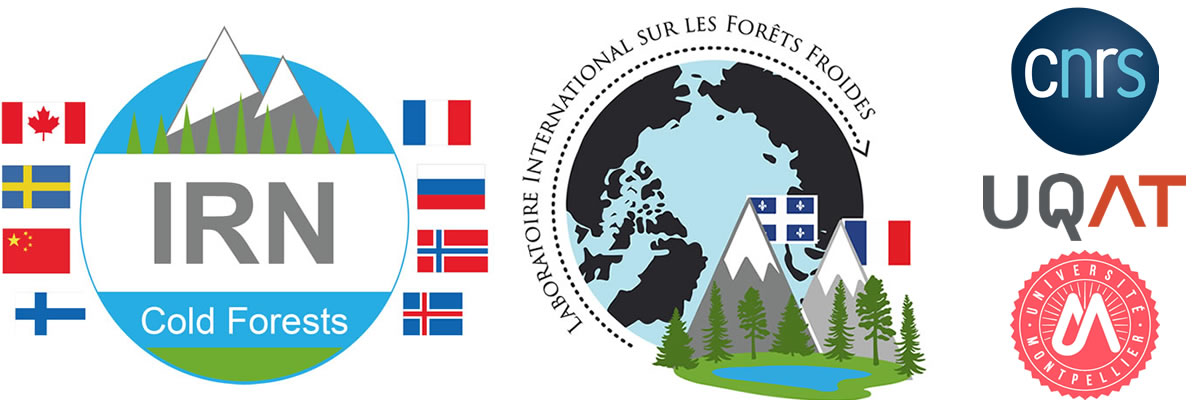Bio
Théophile Kabasele Walelu
PhD student, University of Montreal
PROFESSIONAL ADDRESS:
Institution: Université de Montréal
Address: 1375 Ave.Thérèse-Lavoie-Roux, Montréal, QC H2V 0B3, Campus MIL
Email: theophile.kabasele.walelu@umontreal.ca
ACADEMIC BACKGROUND
-
- Since 2022: PhD in Biology sciences at university of Montréal “Northern marginal population expansion of temperate forest species in Quebec under climate change”.
- 2018 – 2021: Master’s degree in plant Biodiversity and Tropical Ecosystem Management at AgroParistech, University of Montpellier et University of Guyane, France
- 2013 – 2018: Bachelor degree of Science in Ecology and Plant Resource Management University of Kisangani, DR Congo.
PROFESSIONAL EXPERIENCE
-
- October 2020 to March 2021: Treefall gap effets on the floristic and functional composition and diversity of tree regeneration at CIRAD – Montpellier, France
- March to June 2019: Treefall gap effets on the floristic and functional comp. and div. of tree regeneration CIRAD / Montpellier, France.
- November 2017 to July 2018: Internship in Treefall gap characterisation in the Yoko rainforest, DR Congo at Laboratoire LECAFOR – Kisangani, RD Congo
- September to October 2016: Quantification of forest carbon stock and impacts of human activities on carbon Laboratoire LECAFOR/Kisangani, DR Congo
- December 2015 to July 2016: Dynamics of structural parameters in the Yoko rainforest, DR Congo, at laboratoire LECAFOR – Kisangani, DR Congo.
AIM OF EXPERTISE
Observed and projected climate changes are likely to shift the climatic niches of forest species, which could lead to the migration of temperate species to the boreal forest. Small and scattered, marginal populations could act as sources of propagules and facilitate the northward migration of species. Red maple is the most abundant temperate species in the boreal forest and has seen a rapid increase in its density and basal area in North America over the last few decades (1960-2020). However, even if climatic conditions become favourable for their survival, numerous biotic and abiotic factors could slow down, slow down or accelerate the migration of these populations.
The aim of this PhD is to assess the expansion of marginal populations of red maple north of its current range and in the context of climate change. Initially, the influence of disturbances on the contemporary dynamics of marginal populations will be assessed using dendrochronology. To do this, red maple, birch, fir and white spruce trees will be dated and the wood analysed in order to determine the average age of establishment of the red maple stand along the topographical gradient, identify disturbances (fires and epidemics) and determine their influence on red maple expansion. We will then assess the potential for local expansion of marginal northern red maple populations along the topographic gradient, and the environmental and climatic factors likely to slow or accelerate this expansion. To do this, we will model and compare the distribution of red maple seedlings, saplings and adults along the altitudinal gradient and test the effect of canopy openness, interspecific competition, soil nutrient regime and temperature.
We expect that the red maple became established after the last fires and cuttings, and that its expansion to lower topographic levels was favoured by successive epidemics. Also, red maple regenerates along the topographic gradient, the nutrient regime has little influence on regeneration because of the extensive ecological niche of red maple.
Key words: Red maple, Acer rubrum, marginal tree populations, northern forest migration, climate change, dendrochronology.
WEBSITE:
-
- ResearchGate: www.researchgate.net/profile/Theophile-Kabasele
- LinkedIn: https: www.linkedin.com/in/th%C3%A9ophile-kabasele-walelu-4a5524171/

